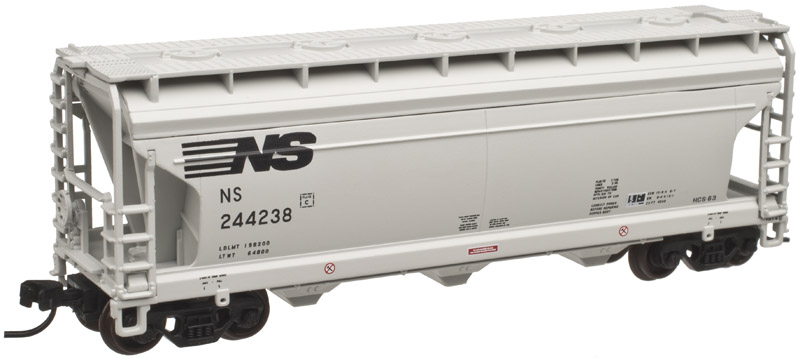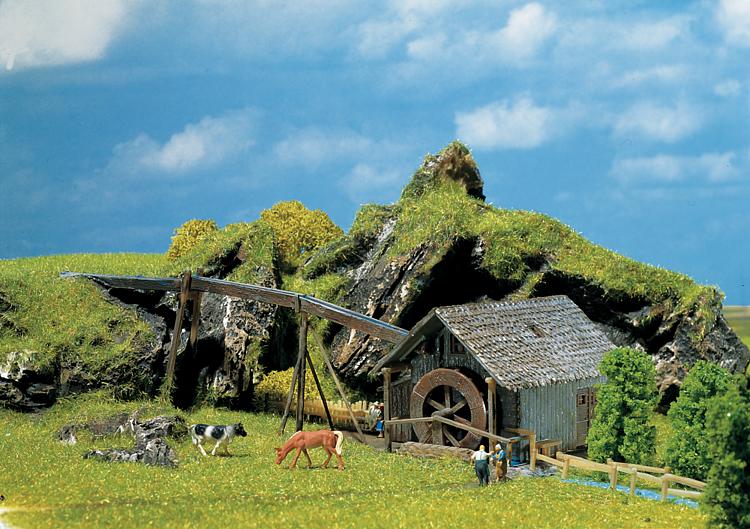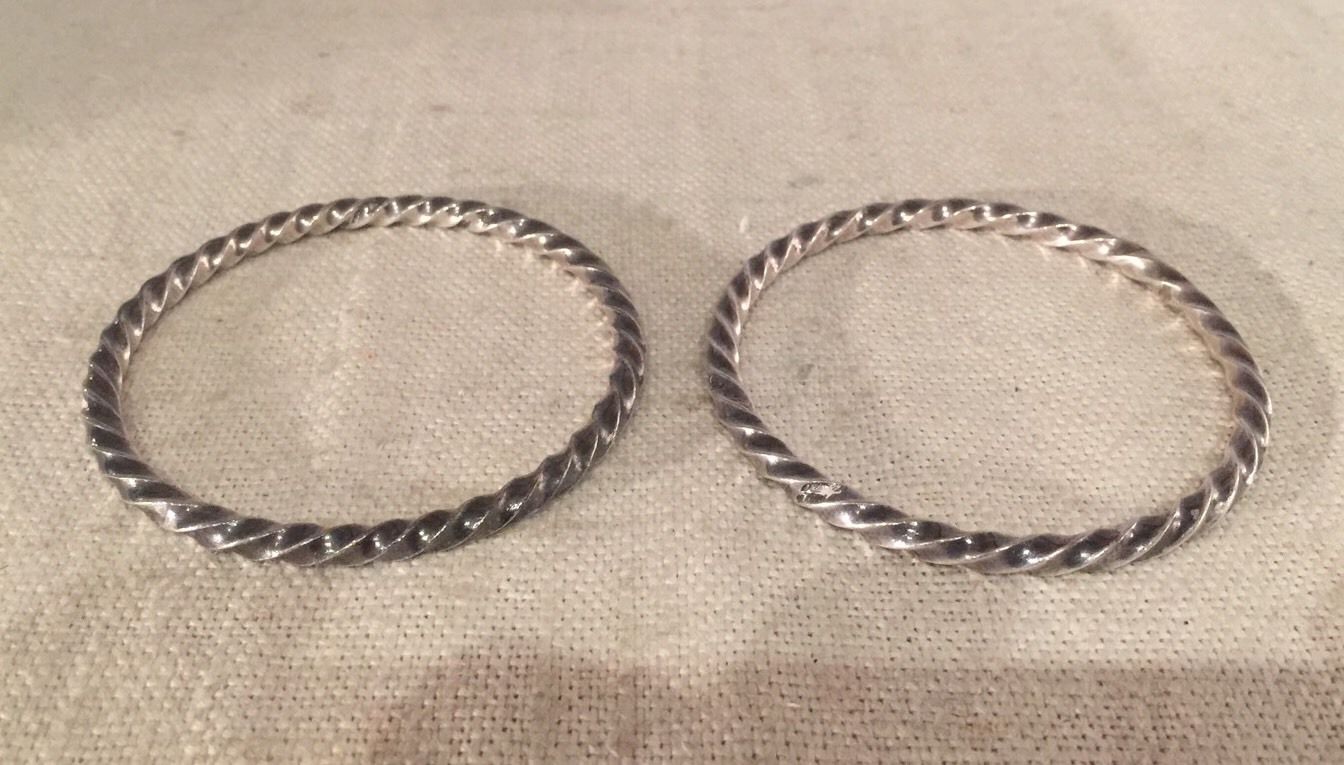Specific Item Information: 3 different road numbers under the same stock number
Prototype History: TrinityRail’s extensive railcar product portfolio has a complete line of covered hopper cars including a 5,660 cubic foot pressure differential covered hopper car optimized for the transport of flour and other free flowing dry bulk commodities.
Road Name History:  W.R. Grace and Company is an American chemical conglomerate based in Columbia, Maryland. Grace is divided into three business segments—Grace Catalysts Technologies, Grace Materials Technologies, and Grace Construction Products. Grace is a specialty chemicals and materials company. It has more than 6,700 employees in nearly 40 countries, and annual sales of more than US $ 2.5 billion. The company's stock, listed in 1953, trades on the New York Stock Exchange.
W.R. Grace and Company is an American chemical conglomerate based in Columbia, Maryland. Grace is divided into three business segments—Grace Catalysts Technologies, Grace Materials Technologies, and Grace Construction Products. Grace is a specialty chemicals and materials company. It has more than 6,700 employees in nearly 40 countries, and annual sales of more than US $ 2.5 billion. The company's stock, listed in 1953, trades on the New York Stock Exchange.
W.R. Grace and Company was founded in 1854, in Peru, by William Russell Grace, who left Ireland due to the potato famine, and traveled to South America with his father and family. He went first to Peru to work as a ship's chandler for the firm of Bryce and Company, to the merchantmen harvesting guano (bird droppings), used as a fertilizer and gunpowder ingredient due to its high levels of phosphorus and nitrogen.
His brother Michael joined the business and in 1865 the company name was changed to Grace Brothers & Co. The company set up head office operations in New York City in 1865. Working in fertilizer and machinery, the company was formally chartered in 1872, and incorporated in 1895.
The Davison Chemical Divison of W.R. Grace is based in Chicago, Illinois.
From Wikipedia

W.R. Grace and Company was founded in 1854, in Peru, by William Russell Grace, who left Ireland due to the potato famine, and traveled to South America with his father and family. He went first to Peru to work as a ship's chandler for the firm of Bryce and Company, to the merchantmen harvesting guano (bird droppings), used as a fertilizer and gunpowder ingredient due to its high levels of phosphorus and nitrogen.
His brother Michael joined the business and in 1865 the company name was changed to Grace Brothers & Co. The company set up head office operations in New York City in 1865. Working in fertilizer and machinery, the company was formally chartered in 1872, and incorporated in 1895.
The Davison Chemical Divison of W.R. Grace is based in Chicago, Illinois.
From Wikipedia
Brand/Importer Information: Wm. K. Walthers, Inc., was founded in Milwaukee in 1932 -- but really, it started years earlier, when seven-year-old Bill Walthers got his first taste of the hobby with a small, wind-up toy train for Christmas. He continued with the hobby and eventually had an attic layout comprised primarily of his own scratch-built creations. After he wrote a series of articles on building train control and signaling systems, he got so many letters from other modelers that he began manufacturing them. The first ad (in the May issue of The Model Maker) offered a 24-page, 15c catalog that listed rail, couplers, and electrical supplies. Sales were over $500.00 for the first year, and the fledgling company was off to a strong start.
Within five years, Walthers had grown so much that larger quarters were needed. Space was found on Erie Street, where everything -- from milled wood parts to metal castings to decals -- was made in-house. 1937 also saw a new line in HO Scale, featured in its own catalog. Bill brought operating layouts to the 1939 World's Fair, which gave the hobby a big boost. Soon, though, the growing possibility of war overshadowed these successes, and supplies were becoming increasingly difficult to obtain.
During the war, model manufacturers were ordered to stop production in order to conserve critical metal supplies. Walthers produced what it could from nonessential materials. A series of ads in 1943 saw Bill literally scraping the bottom of a barrel! The postwar boom meant rapid growth for the hobby; however, small homes and new families left no room for O scale layouts, and many modelers moved to HO Scale.
The next twenty years brought great change. In 1958, Bill retired and his son Bruce took over. Just as full-size railroads were being hard-hit by new technology, so too were model railroads. Leisure time was spent in front of the TV set, not the train set. In 1960, Walthers became a full-line distributor of other manufacturers' products while continuing expansion of the Walthers lines. By the start of the 1970's, business was booming again, and Bruce's son Phil joined the company.
Expansion and diversification continue under Phil's tenure. The establishment of the Walthers Importing Division added several international lines. The manufacturing plant was modernized. Code 83 track was introduced in 1985, giving layouts more realistic proportions. In 1990, the Cornerstone Series buildings were unveiled. Combining a freight car with a related industry, the Cornerstone Series makes it possible for modelers to duplicate authentic operations, enhancing layout realism. The Train Line Deluxe Sets and locomotives debuted in 1994. These sets feature the detailing of serious models and an affordable price -- allowing newcomers to get started, and then build-on to their first set, rather than replacing it.
In 2005, Walthers purchased Life-Like from Lifoam Industries. With this purchase Walthers acquired the Proto Lines that have become the backbone of their locomotive and rolling stock segments.
Today, Walthers continues to expand, improve and develop a wide range of products. Their latest selection can be found throughout Walthers.com and their printed catalogs, along with items from over 300 other manufacturers.
In December 2017, Lowell Smith announced the ‘purchase of tooling’ of the Walthers line of N Scale passenger cars (sleeper, coach and baggage cars), and in June 2018, Atlas announced that it will purchase all N scale locomotive and rolling stock tooling owned by Walthers, including the Walthers N tooling as well as former Life-Like tooling. This divestment puts an end to Walthers involvement as a manufacturer of N scale rolling-stock, though it will continue its range of N scale structures.
Within five years, Walthers had grown so much that larger quarters were needed. Space was found on Erie Street, where everything -- from milled wood parts to metal castings to decals -- was made in-house. 1937 also saw a new line in HO Scale, featured in its own catalog. Bill brought operating layouts to the 1939 World's Fair, which gave the hobby a big boost. Soon, though, the growing possibility of war overshadowed these successes, and supplies were becoming increasingly difficult to obtain.
During the war, model manufacturers were ordered to stop production in order to conserve critical metal supplies. Walthers produced what it could from nonessential materials. A series of ads in 1943 saw Bill literally scraping the bottom of a barrel! The postwar boom meant rapid growth for the hobby; however, small homes and new families left no room for O scale layouts, and many modelers moved to HO Scale.
The next twenty years brought great change. In 1958, Bill retired and his son Bruce took over. Just as full-size railroads were being hard-hit by new technology, so too were model railroads. Leisure time was spent in front of the TV set, not the train set. In 1960, Walthers became a full-line distributor of other manufacturers' products while continuing expansion of the Walthers lines. By the start of the 1970's, business was booming again, and Bruce's son Phil joined the company.
Expansion and diversification continue under Phil's tenure. The establishment of the Walthers Importing Division added several international lines. The manufacturing plant was modernized. Code 83 track was introduced in 1985, giving layouts more realistic proportions. In 1990, the Cornerstone Series buildings were unveiled. Combining a freight car with a related industry, the Cornerstone Series makes it possible for modelers to duplicate authentic operations, enhancing layout realism. The Train Line Deluxe Sets and locomotives debuted in 1994. These sets feature the detailing of serious models and an affordable price -- allowing newcomers to get started, and then build-on to their first set, rather than replacing it.
In 2005, Walthers purchased Life-Like from Lifoam Industries. With this purchase Walthers acquired the Proto Lines that have become the backbone of their locomotive and rolling stock segments.
Today, Walthers continues to expand, improve and develop a wide range of products. Their latest selection can be found throughout Walthers.com and their printed catalogs, along with items from over 300 other manufacturers.
In December 2017, Lowell Smith announced the ‘purchase of tooling’ of the Walthers line of N Scale passenger cars (sleeper, coach and baggage cars), and in June 2018, Atlas announced that it will purchase all N scale locomotive and rolling stock tooling owned by Walthers, including the Walthers N tooling as well as former Life-Like tooling. This divestment puts an end to Walthers involvement as a manufacturer of N scale rolling-stock, though it will continue its range of N scale structures.
Item created by: gdm on 2017-03-20 19:26:04. Last edited by gdm on 2020-07-24 07:28:55
If you see errors or missing data in this entry, please feel free to log in and edit it. Anyone with a Gmail account can log in instantly.
If you see errors or missing data in this entry, please feel free to log in and edit it. Anyone with a Gmail account can log in instantly.










